Yet another disaster, yet another series of analyses and post-hoc actions by the relevant institutions. The devastating flood that hit the resort village of Elenite a week ago, claiming four lives, has led the state to realise that the flooded facilities (a hotel and a water park) were built illegally on a riverbed. This fact had been overlooked in previous years when the institutions that issued the building permits 'removed' the river from the maps and turned the riverbed into private property, despite it having previously been public land.
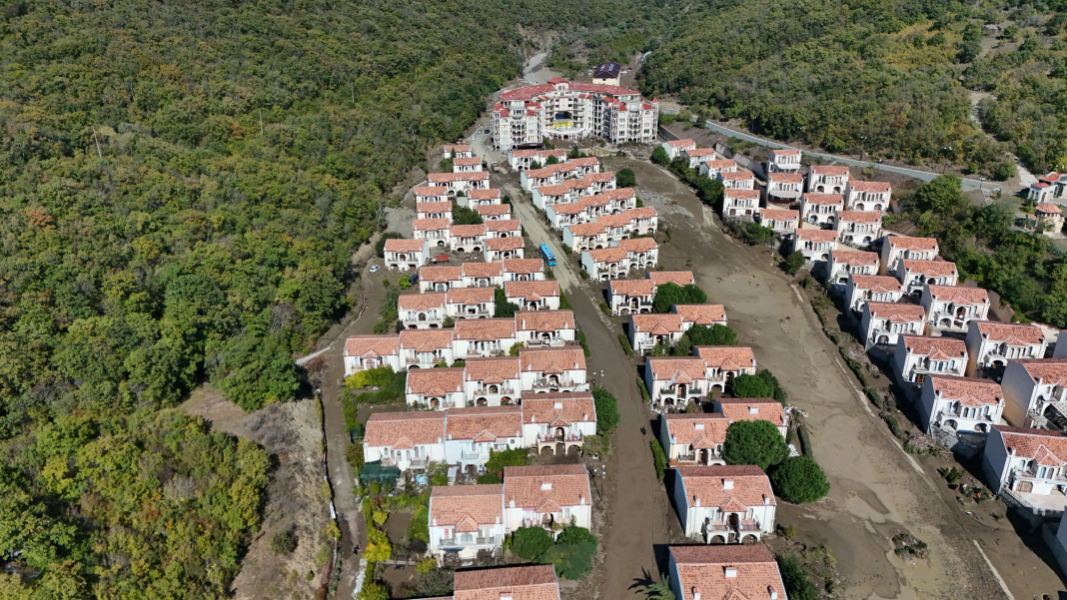
The outcome is ultimately positive, albeit years overdue: the Minister of Regional Development and Public Works, Ivan Ivanov, and the Directorate for National Construction Control have promised to demolish the facilities.
We talk to Dimitar Kumanov, an engineer from Balkanka, a non-governmental organisation that works to protect Bulgaria's rivers, to find out the answers to the following questions: How are building permits issued in Bulgaria? Is it common to build on riverbeds? And how can such blatant violations be legalised?
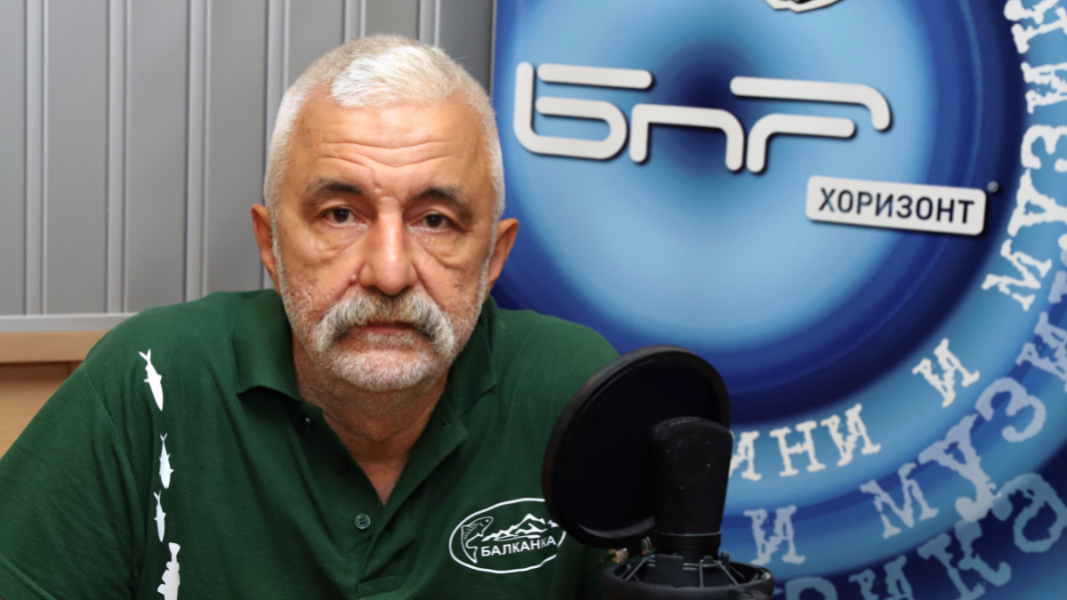
'With bribes,' Mr Kumanov answers categorically and succinctly. His organisation has been working for years to stop illegal construction in riverbeds.
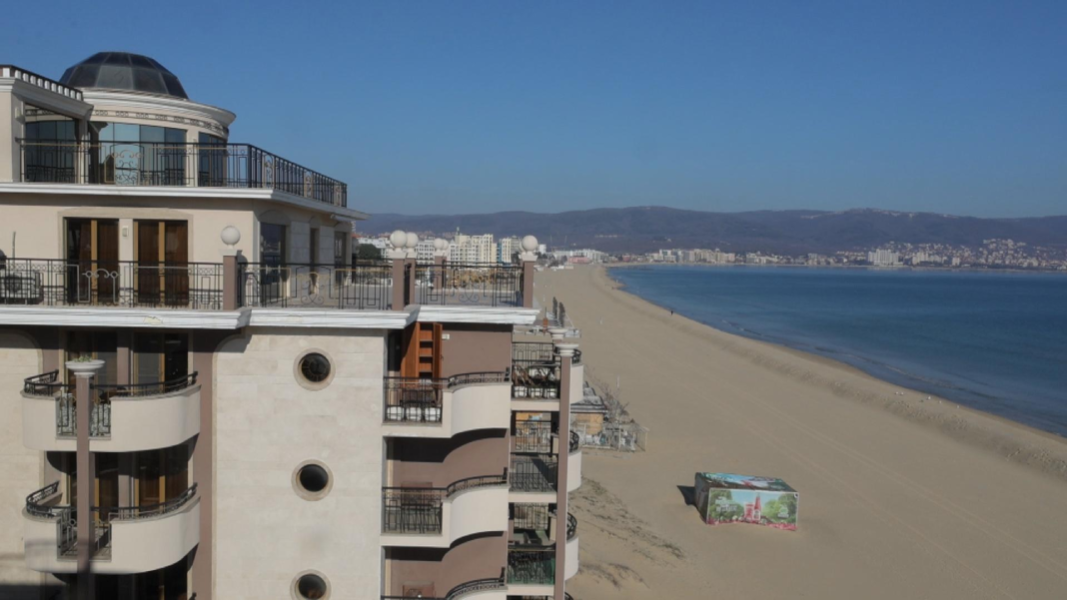
"The excessive construction along the Black Sea coast should weigh heavily on the conscience of the architects who permitted it. "This is not only a crime against the Penal Code, but also against common sense," emphasises Eng. Kumanov. He adds that the law clearly defines what can and cannot be done, yet it has recently become a nationwide trend to cover up river areas and then build on them. Government institutions ensure that this construction appears legitimate on paper. How does that happen? Eng. Kumanov explains:
"There are two types of corruption in Bulgaria. The first type is direct: the investor negotiates with the mayor, the chief architect, and if necessary, the municipal council. The second type, which I call 'telephone corruption', involves someone in a higher position calling those lower down who are responsible for certain matters and saying, 'One of my people is coming; you'll have to sort things out for him.' But this is impossible to prove, as there is a complete code of silence. Ultimately, it transpires that these state and municipal authorities have approved the construction in question without accepting any bribes."
Kumanov gives another example of negligence: in Sofia, riverbeds are constantly being 'blocked' by 'mountains' of construction waste. Many rivers in the capital and throughout the country are also not included on cadastral maps, with some passing through private properties. This is a recipe for problems in the future.

"Many rivers are not marked in the cadastre as 'public state property with permanent use as a watercourse-river'. There are green areas and even private properties on rivers. This is not only a problem in Sofia, but a huge problem for the whole country," says Dimitar Kumanov. He warns that we may see illegal construction on the capital's rivers that is similar to what has happened on the Black Sea coast.
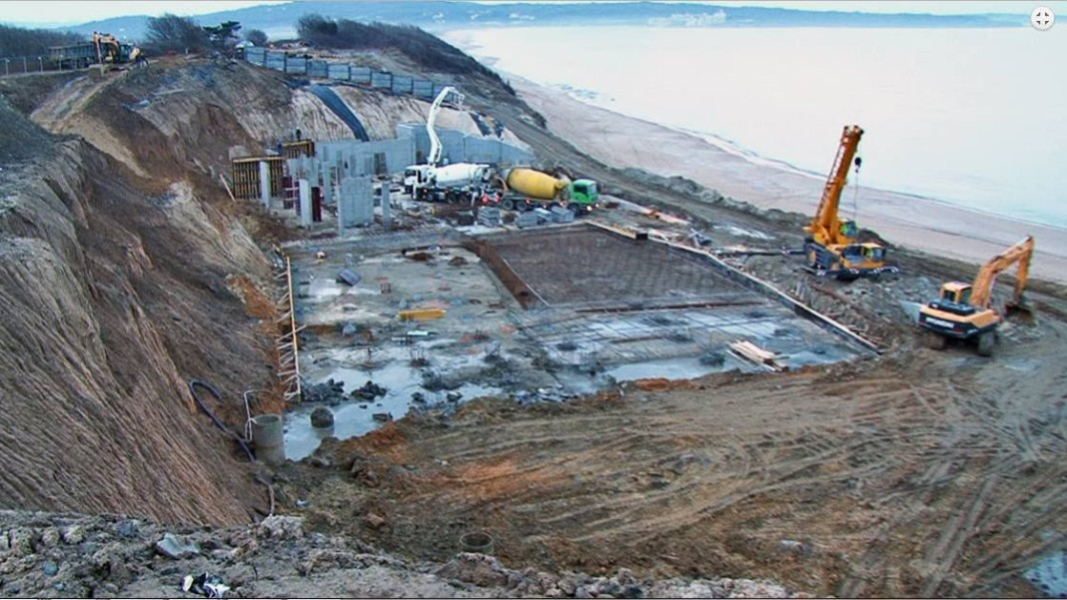
A case in point is the Boyana neighbourhood, where an investor moved the riverbed of the Boyanska Bara River outside his property. The entrepreneur had obtained permission from the Regional Inspectorate of Environment and Water and started construction work. However, according to the law, even if the riverbed has been altered, the original riverbed remains public state property. This was not taken into account by the control authorities, who allowed construction to proceed.
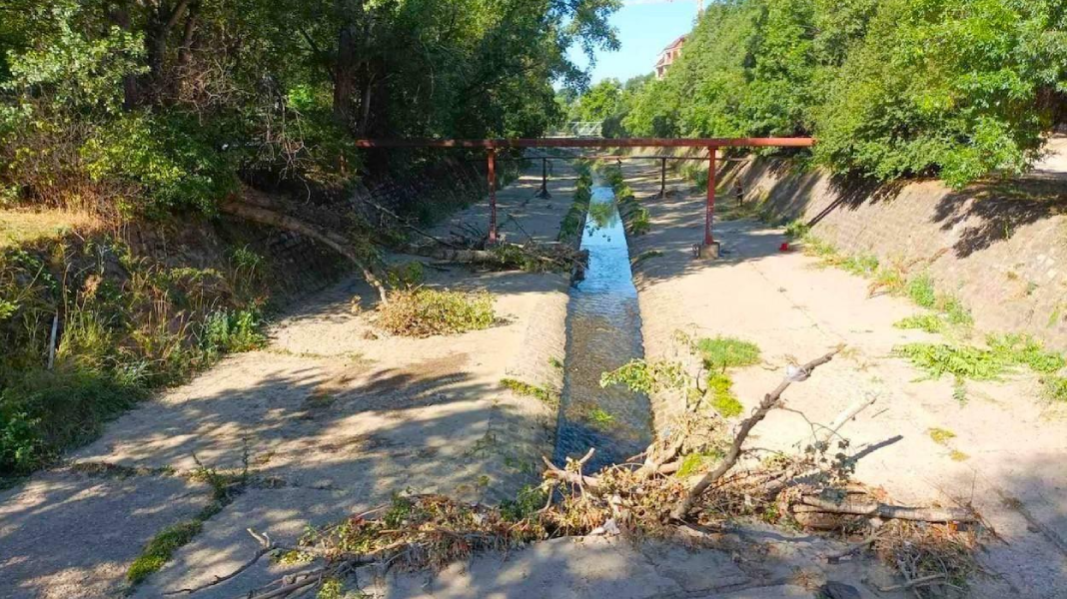
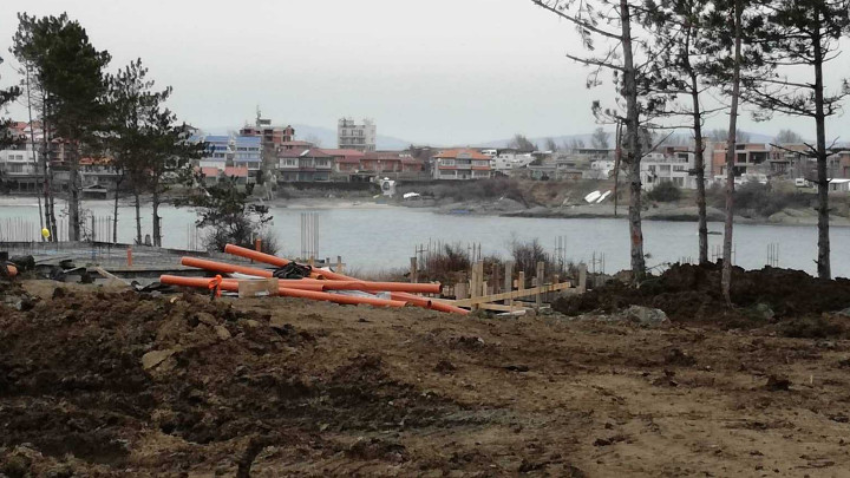
Romania continues policy of gradual budget deficit reduction Romania should end the year with a budget deficit amounting to 8.4%, as compared to 9.4% at the end of 2024, as negotiated with the EU, PM Ilije Bolojan has announced. During his visit..
GERB-SDS party maintain their dominance in new parliamentary elections with 26.4%, show the results of a survey by the sociological agency "Trend". The poll was conducted on behalf of 24 Chasa daily through a direct standardized "face-to-face" interview..
A new path ahead for the European Union – this is what the President of the European Commission Ursula von der Leyen outlined in her annual state of the union address in Strasbourg a few days ago. To summarize – the economic and military..

+359 2 9336 661
